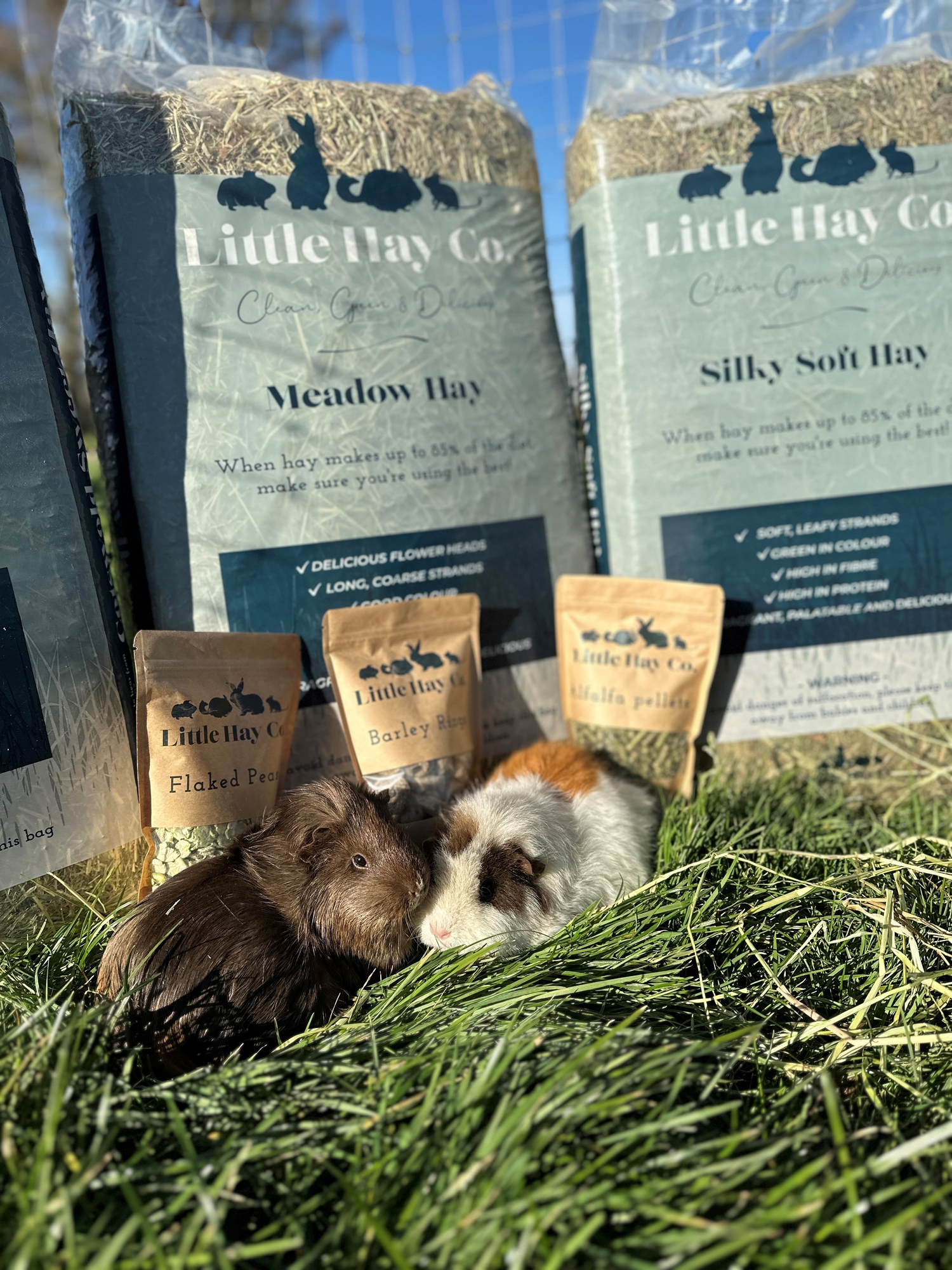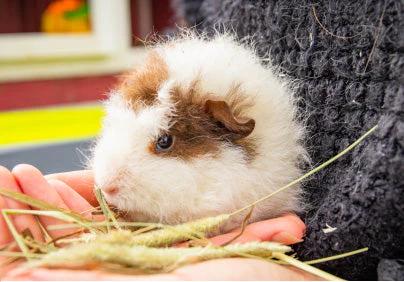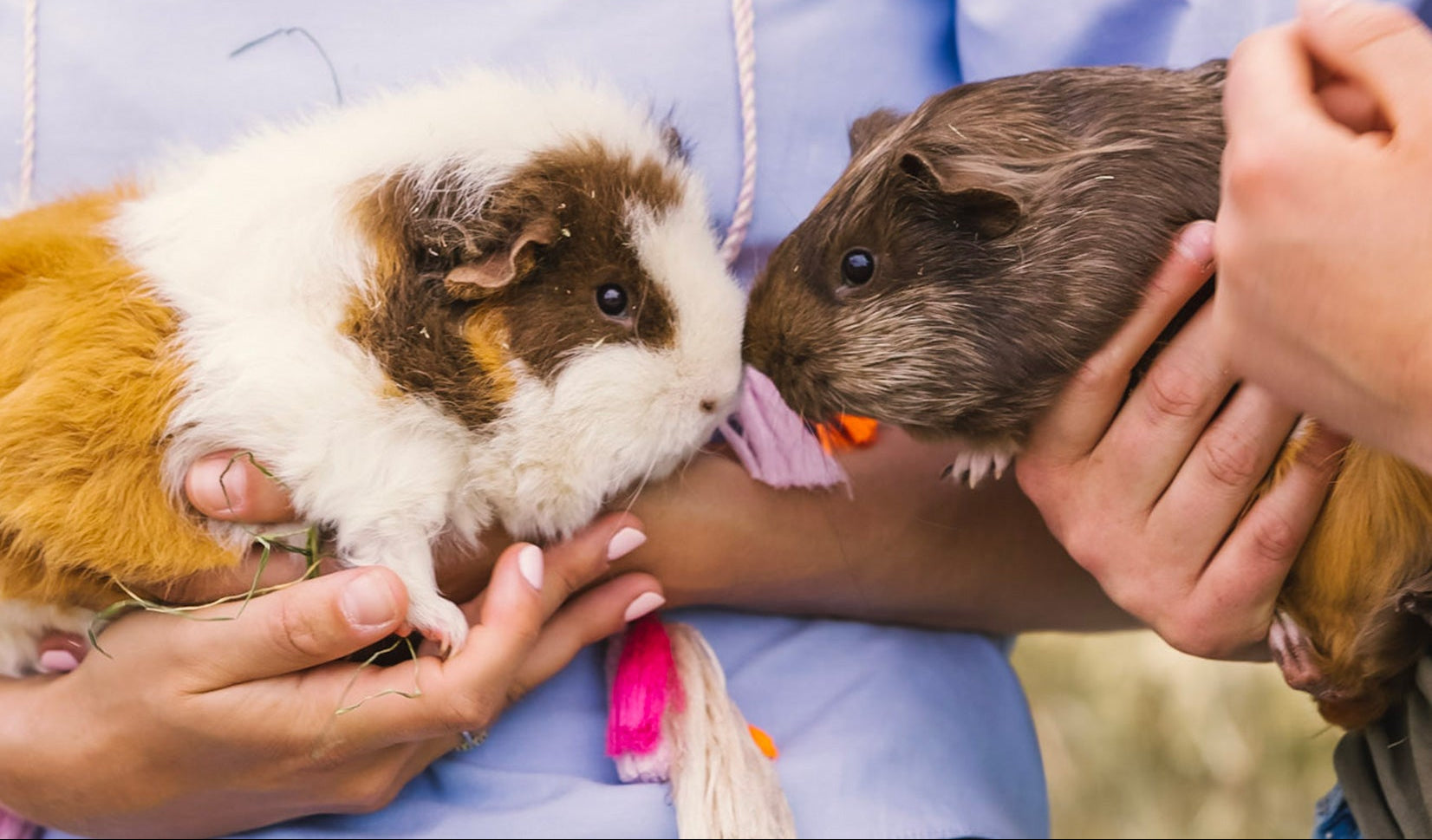As a rabbit owner, ensuring your pet gets the best nutrition is a top priority. While fresh hay and vegetables form the bulk of a rabbit's diet, nutritional pellets can play a crucial role in providing essential vitamins and minerals. But not all pellets are created equal. Here's a comprehensive guide to help you choose the best nutritional pellets for your rabbit.
Before diving into what makes a good pellet, it's important to understand a rabbit's dietary needs:
- Fibre: Essential for digestive health. A high-fibre diet helps prevent gastrointestinal stasis, a common and potentially fatal condition in rabbits.
- Protein: Necessary for growth, tissue repair, and overall health.
- Vitamins and Minerals: Vital for immune function, bone health, and overall well-being.
The first thing to look for in a good rabbit pellet is high fibre content. Ideally, pellets should contain at least 18-22% fibre. Fibre helps maintain a healthy digestive system, preventing common issues such as diarrhea and obesity.
Appropriate Protein Levels
Protein is essential, but the levels should be balanced. For adult rabbits, look for pellets with 12-14% protein. For younger rabbits, who are still growing, pellets with slightly higher protein content (around 15-18%) are appropriate.
Low in Calcium and Fat
Excessive calcium can lead to urinary issues, while too much fat can cause obesity. Choose pellets with low calcium levels (0.5-1%) and minimal fat content (around 2-3%).
Natural Ingredients
Opt for pellets made from natural ingredients. Avoid those with artificial colors, flavors, or preservatives. Good-quality pellets often list ingredients such as timothy hay, alfalfa hay (for young rabbits), and other plant-based materials. Pellets with an ingredients list including grain or dairy should generally be avoided.
Fortified with Essential Vitamins and Minerals
While fresh vegetables provide many nutrients, pellets should be fortified with essential vitamins and minerals. Look for the inclusion of:
- Vitamin A: Important for eye health and immune function.
- Vitamin D: Necessary for calcium absorption and bone health.
- Vitamin E: Supports skin health and immune function.
- B Vitamins: Aid in metabolism and energy production.
Pellet Size and Shape
Pellet size and shape can impact a rabbit’s willingness to eat them. Most rabbits prefer small, uniform pellets that are easy to eat. This also ensures they don’t selectively eat their favorite pieces, which can lead to nutritional imbalances.
No Added Sugars or Grains
Rabbits don’t need sugars or grains in their diet, so avoid pellets with added sugars, corn, or other grains. These ingredients can lead to obesity and digestive issues.
Check the Expiration Date
Always check the expiration date on the pellet packaging. Fresh pellets retain more nutrients and are more palatable for rabbits. Store pellets in a cool, dry place to maintain their freshness. While it might be tempting to buy in bulk, your rabbit needs just a egg cup full of pellets per day, so often smaller bags of 1.5kg and 3kg work best for keeping your pellets fresh.
Introduce New Pellets Gradually
When switching to a new brand or type of pellet, introduce them gradually to avoid digestive upset. Mix the new pellets with the old ones, gradually increasing the proportion of new pellets over a week or two. Check out our guide on transitioning hay here. Changing pellets should be treated the same way you change hay.
Now we have covered pellet selection, let's answer some frequently asked questions...
Can my rabbit live without pellets?
Yes, Your buns wild cousins live a pellet free life. Pellets can form a very small part of a rabbits healthy diet however they can be just as healthy without them. A hay rich diet is key and while pellets are a nice treat and an easy way to track a pets appetite they are by no means seen as essential to modern rabbit parents and if you wanted to wean your pet off them we would just recommend a very slow transition. As pellets are nutrient dense, it is important to ensure you have a substitute for that nutrition by adding more high quality hay and fresh leafy forage.
How Much Should I feed my Rabbit?
| Weight of rabbit | Amount of pellets daily |
| 2 lbs | 2 Tbsp |
| 3 lbs | 3 Tbsp |
| 4 lbs | ¼ cup |
| 5 lbs | 1 Tbsp + ¼ cup |
| 6 lbs | 2 Tbsp + ¼ cup |
| 7 lbs | 3 Tbsp + ¼ cup |
| 8 lbs | ½ cup |
| 9 lbs | 1 Tbsp + ½ cup |
| 10 lbs | 2 Tbsp + ½ cup |
a good rule of thumb is an egg cup a day, roughly 5% of their diet. Too many compacted, nutrition dense pellets can lead to obesity or a build up of gas as the body has to work harder to break down the food. It is also important to ensure your rabbit doesn't fill up on pellets first and then avoid their hay. Hay plays a crucial part in ensuring your pets gut keeps moving while also managing their teeth health too.
So which pellets would we recommend at Little Hay Co?
We have had a chat with our amazing rep team and the brands that come up time and time again are Supreme Pet, Burgess Excel and Marriages.













